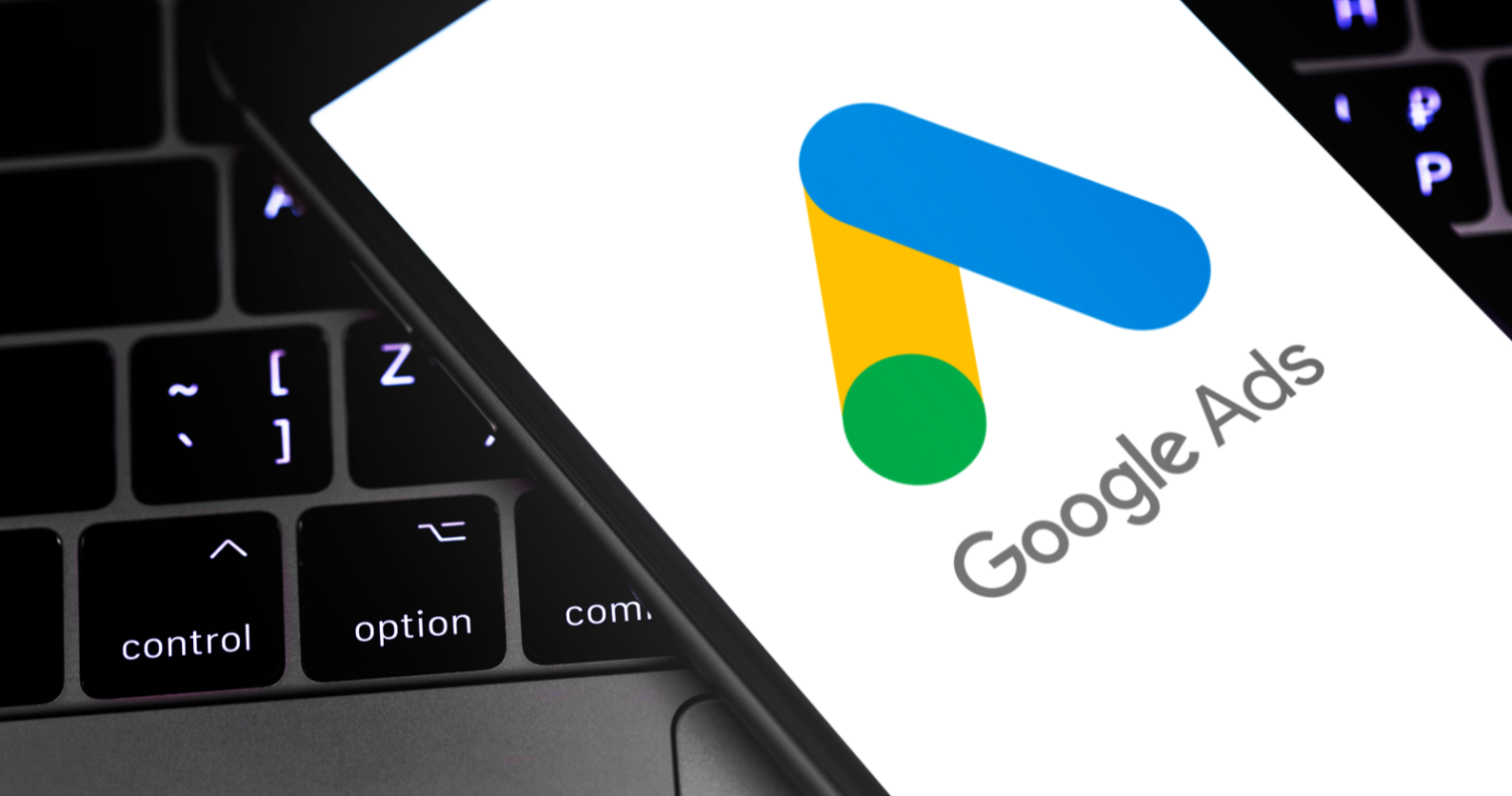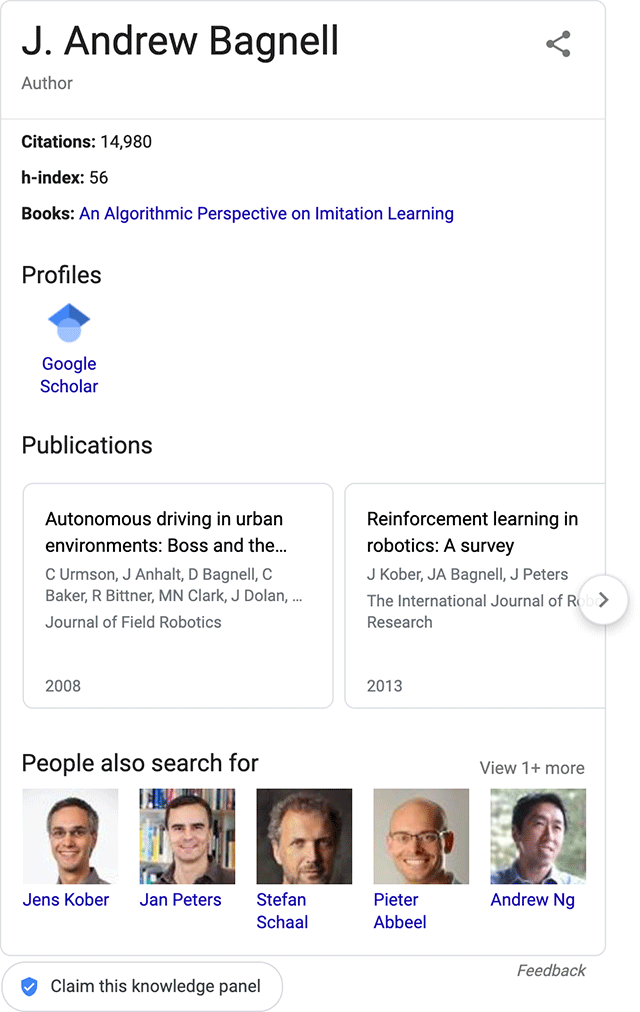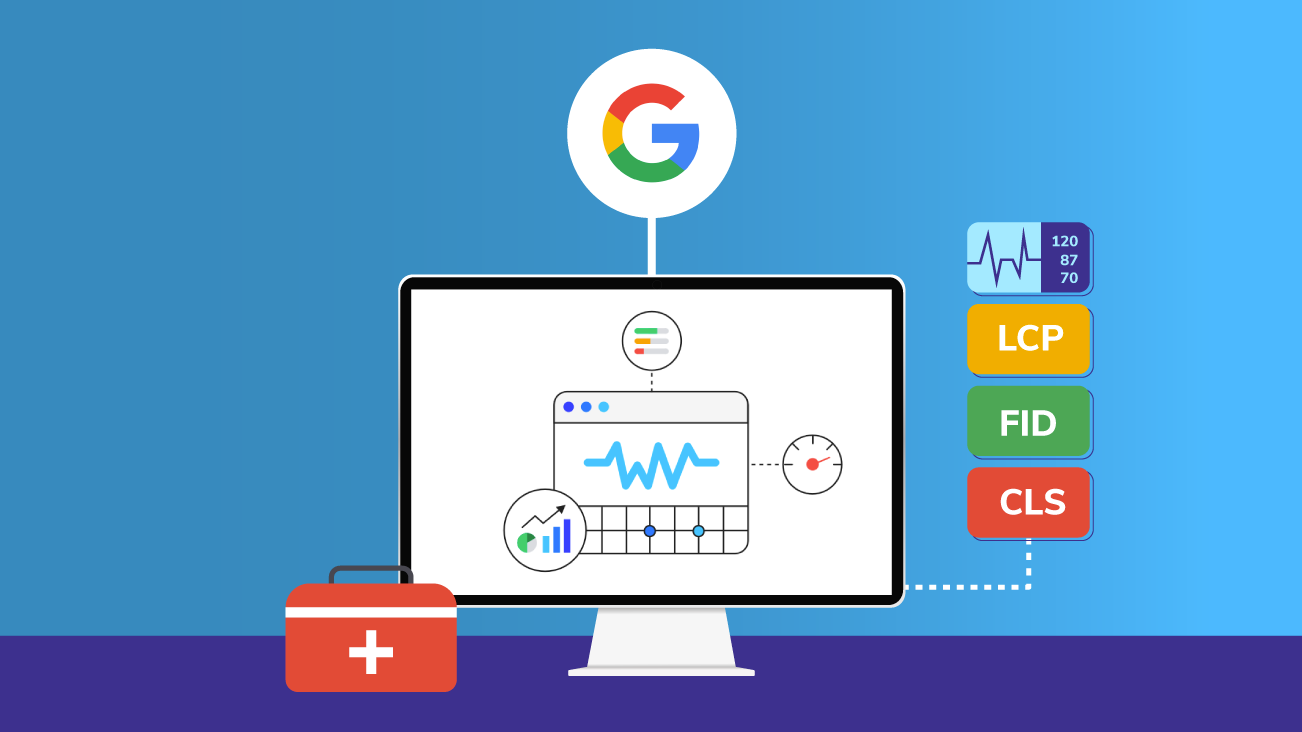Google: Changes to Keyword Matching Processes for Phrase & Broad Match

Advertisers take note: The ways in which queries are matched to keywords is being updated. Here’s what you need to know.
Google has announced that changes to keyword matching are incoming. That includes an update to the matching process for queries that lack an identical keyword match as well as a change preferring the phrase and broad keywords which are identical to the query string.
In a move aimed at reducing account complexity earlier this year, Google announced that exact match keywords that are identical to the query string will take preference whenever that keyword has eligibility for a match.
Now, the same goes for both phrase and broad match.
So... If the query string ‘buy a new camera’ is eligible to match multiple broad match keywords in your account (such as camera, purchase a camera and buy a new camera), then Google will ensure preference is given to the identical keyword, this change now applies to both phrase and broad match.
What effect will the changes have for exact match?
Exact match keywords will still gain preference over phrase match and broad match terms.
- And if no keywords are identical to the query..?
Prior to the update, if multiple (relevant) keywords were present with match eligibility, then Google would use Ad Rank to determine the best keyword to deliver.
Now, relevance signals will be taken into account, by analysing the meaning of all the keywords, along with the landing pages in the ad group, in addition to Ad Rank.
To gain clearer insight into how keywords will be matched, Google shared this table:
Keywords That are eligible | How keywords are selected |
More than one broad match keyword: | Only broad match keywords from the most relevant ad groups will be considered. Ad Rank is then used to decide which keyword will be selected among this narrow set of broad match keywords with similar relevance.
|
One broad match keyword and on exact match/phrase match keyword: | If you have exact match or phrase match keywords that are deemed more relevant than these broad match keywords, the exact or phrase match keyword will be selected. If you have exact match or phrase match keywords that are deemed similar or less relevant than these broad match keywords, there is still a chance the exact or phrase match keyword will be selected if it has a higher Ad Rank.
|
More than one exact match/phrase match keyword: | If you have multiple exact and/or phrase match keywords eligible and no broad match keywords eligible, the keyword with the higher Ad Rank will be selected.
|
What do the changes mean for advertisers?
Google’s aim with these changes is to empower advertisers to feel more comfortable using broad match keywords, as well as allaying their concerns around losing control of existing keywords and tighter match types.
Google suggested that using the same keywords in multiple match types when using smart bidding carries no benefit, as broad match already covers those same queries. Many advertisers however, strongly recommend running tests in their own accounts first before drawing any solid conclusions.
Is there still value in having multiple match types? Many point to the fact that exact match should still match more effectively (and therefore should attract better relevance) than a broad match keyword. Additionally, a greater focus on broad match keywords could lead to increased CPLs through the potential to match the term to other, less relevant terms, driving up the cost.
The implications for campaigns running identical terms as broad match vs. Exact/phrase with the same smart bidding settings remain to be seen, time will tell which will run at higher CPLs.





Comments